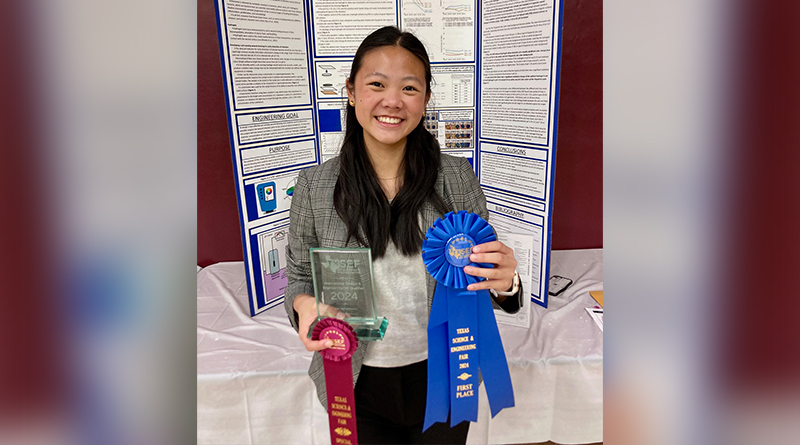
Transforming Silence into History: Verbit’s Commitment to Transcribing and Preserving Historical Testimonies
Verbit, a leading transcription platform, is committed to preserving history by converting data into easily accessible and searchable formats. Their technology utilizes automatic speech recognition to create initial transcriptions, which are then refined by human editors for accuracy and completeness. This high-quality service is utilized by archives and global study programs to enhance their records.
Verbit’s CEO, Yair Amsterdam, emphasizes the importance of transcribing old recordings with a special focus on enhancing the quality of the content. Their technology can remove background noise from decades-old recordings, making them more accessible and renewing historical testimonies. The goal is to transcribe approximately 8 million minutes of testimonies in multiple languages, including those related to the Holocaust, to preserve this crucial part of history for future generations.
The testimonies collected from various archives in Israel and Yale University cover a range of experiences, including that of Gita Sikowitz, who survived the Holocaust as a young girl. Her testimony describes the hardships she endured, including surviving selections in Auschwitz and labor camps. The transcripts of these testimonies are crucial for future generations to understand the atrocities of the Holocaust and prevent similar events from happening again.
Despite technical challenges such as poor audio quality and varied accents, accurately transcribing these testimonies is vital. Greg Schneider, Senior Vice President of the Claims Conference highlights the sensitivity and importance of these testimonies especially as survivors of the Holocaust are dwindling. Preserving these stories through transcription ensures that they are accurately documented for posterity.
In conclusion, transcription is an essential tool for preserving history and ensuring that important testimonies are accessible and understood by future generations. By transcribing and translating these accounts, we can honor the voices of survivors and ensure that their stories will never be forgotten.
Yair Amsterdam emphasizes that “Transcription plays a vital role in preserving knowledge by converting data into a format that can be easily cataloged, searched

:quality(75)/cloudfront-us-east-1.images.arcpublishing.com/elcomercio/TVKWNXBTAFGHBEDSVLZS5OOOKY.jpg)